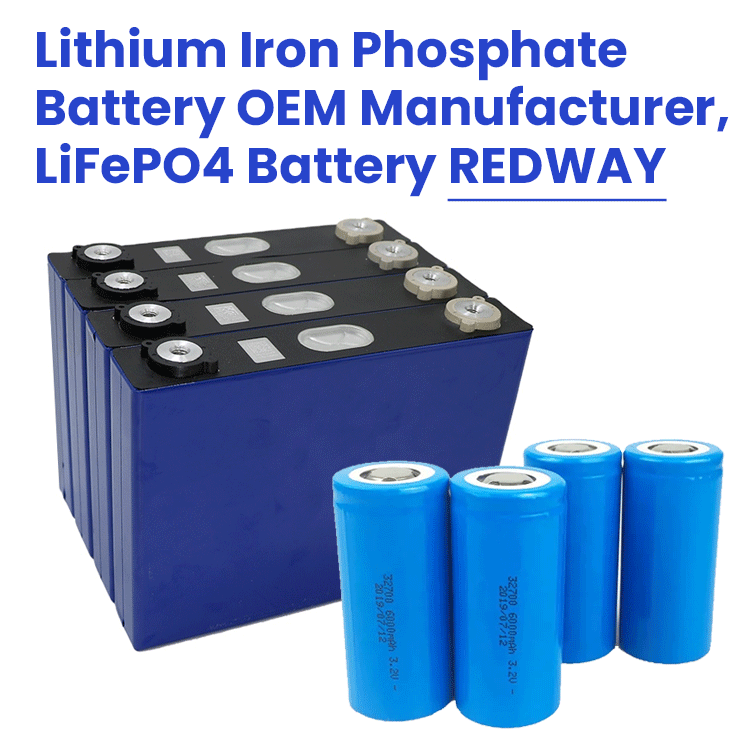Freezing lithium-ion batteries can lead to significant performance issues, but some users wonder if it might restore lost capacity. While freezing does not effectively restore batteries, understanding how cold temperatures affect them is crucial for maintaining battery health and safety during extreme conditions.
What Happens to Lithium-Ion Batteries When Frozen and How Does It Affect Them?
When lithium-ion batteries are frozen, the electrolyte inside can become less effective at conducting ions, leading to reduced capacity and performance. The chemical reactions that occur during charging and discharging slow down significantly at low temperatures, which can hinder the battery’s ability to hold a charge or deliver power effectively.
Chart: Effects of Freezing on Lithium-Ion Batteries
| Effect | Description |
|---|---|
| Reduced Capacity | Loss of energy storage ability |
| Slower Chemical Reactions | Impaired performance |
| Increased Internal Resistance | Makes it harder for the battery to deliver power |
Can Freezing Restore a Lithium-Ion Battery and Under What Conditions?
Freezing is often mistakenly considered a method to restore lithium-ion batteries that have lost capacity. However, while some anecdotal evidence suggests that freezing may temporarily improve performance in certain cases, it is generally not recommended as a restoration method. The risks of damage and potential hazards outweigh any perceived benefits.
Chart: Potential Outcomes of Freezing a Lithium-Ion Battery
| Outcome | Description |
|---|---|
| Temporary Improvement | Possible short-term gain in performance |
| Risk of Damage | Potential for physical harm or leaks |
| Long-Term Degradation | Overall lifespan may decrease |
What Are the Risks Associated with Freezing Lithium-Ion Batteries?
Freezing lithium-ion batteries poses several risks:
- Physical Damage: Extreme cold can cause battery casings to crack or rupture, leading to leaks.
- Fire Hazard: If a frozen battery is charged while still cold, it may short-circuit or catch fire due to internal damage.
- Chemical Leakage: Damage from freezing can result in electrolyte leakage, posing environmental hazards.
Chart: Risks of Freezing Lithium-Ion Batteries
| Risk | Description |
|---|---|
| Physical Damage | Cracks or ruptures |
| Fire Hazard | Potential short-circuiting |
| Chemical Leakage | Environmental contamination |
How Does Freezing Impact Battery Performance and Lifespan?
Freezing can have long-term effects on battery performance and lifespan:
- Permanent Capacity Loss: Repeated exposure to freezing temperatures can lead to irreversible capacity loss, reducing the overall lifespan of the battery.
- Decreased Cycle Life: Frequent freezing may shorten the number of charge-discharge cycles a battery can undergo before its performance significantly degrades.
Chart: Long-Term Effects of Freezing on Capacity
| Effect | Description |
|---|---|
| Permanent Capacity Loss | Reduction in usable capacity |
| Decreased Cycle Life | Fewer charge-discharge cycles |
What Are the Best Practices for Storing Lithium-Ion Batteries in Cold Conditions?
To safely store lithium-ion batteries in cold conditions:
- Keep Them Charged: Store batteries at around 40% to 60% charge to prevent deep discharge.
- Use Insulated Storage: Keep batteries insulated from extreme cold by using thermal bags or insulated containers.
- Avoid Direct Contact with Cold Surfaces: Place batteries on insulating materials rather than directly on cold floors.
Chart: Safe Storage Tips for Cold Conditions
| Tip | Recommendation |
|---|---|
| Charge Level | Maintain 40%-60% |
| Insulation | Use thermal bags |
| Surface Protection | Avoid direct contact with cold surfaces |
What Steps Should You Take If Your Lithium-Ion Battery Freezes?
If a lithium-ion battery has frozen:
- Do Not Charge Immediately: Allow the battery to gradually warm up to room temperature before attempting to charge it.
- Inspect for Damage: Check for any signs of physical damage or leakage before use.
- Test Voltage: Use a multimeter to check voltage levels; if they are within normal ranges, proceed cautiously with charging.
Chart: Steps for Reviving a Frozen Battery
| Step | Action |
|---|---|
| Gradual Warming | Allow battery to reach room temperature |
| Inspect | Check for leaks or damage |
| Voltage Test | Ensure safe voltage levels before charging |
FAQ Section
Can freezing restore a lithium-ion battery?
No, freezing does not restore lithium-ion batteries; it can cause permanent damage and reduce their lifespan.
How should I store my lithium-ion battery during winter?
Store your battery at around 40%-60% charge in a cool, dry place away from extreme temperatures.
What should I do if my battery swells?
If your battery swells, stop using it immediately and dispose of it following local hazardous waste guidelines.
Industrial News
Recent studies emphasize the importance of proper storage conditions for lithium-ion batteries, particularly as their use expands in electric vehicles and renewable energy systems. Research indicates that maintaining optimal temperature ranges can significantly enhance battery life and performance. Additionally, manufacturers are developing advanced thermal management systems to mitigate risks associated with extreme temperatures.
Redway Expert Insights
Understanding how temperature affects lithium-ion batteries is crucial for maximizing their lifespan,” states an expert from Redway Battery. “Proper storage practices not only help maintain performance but also ensure safety during use.”



